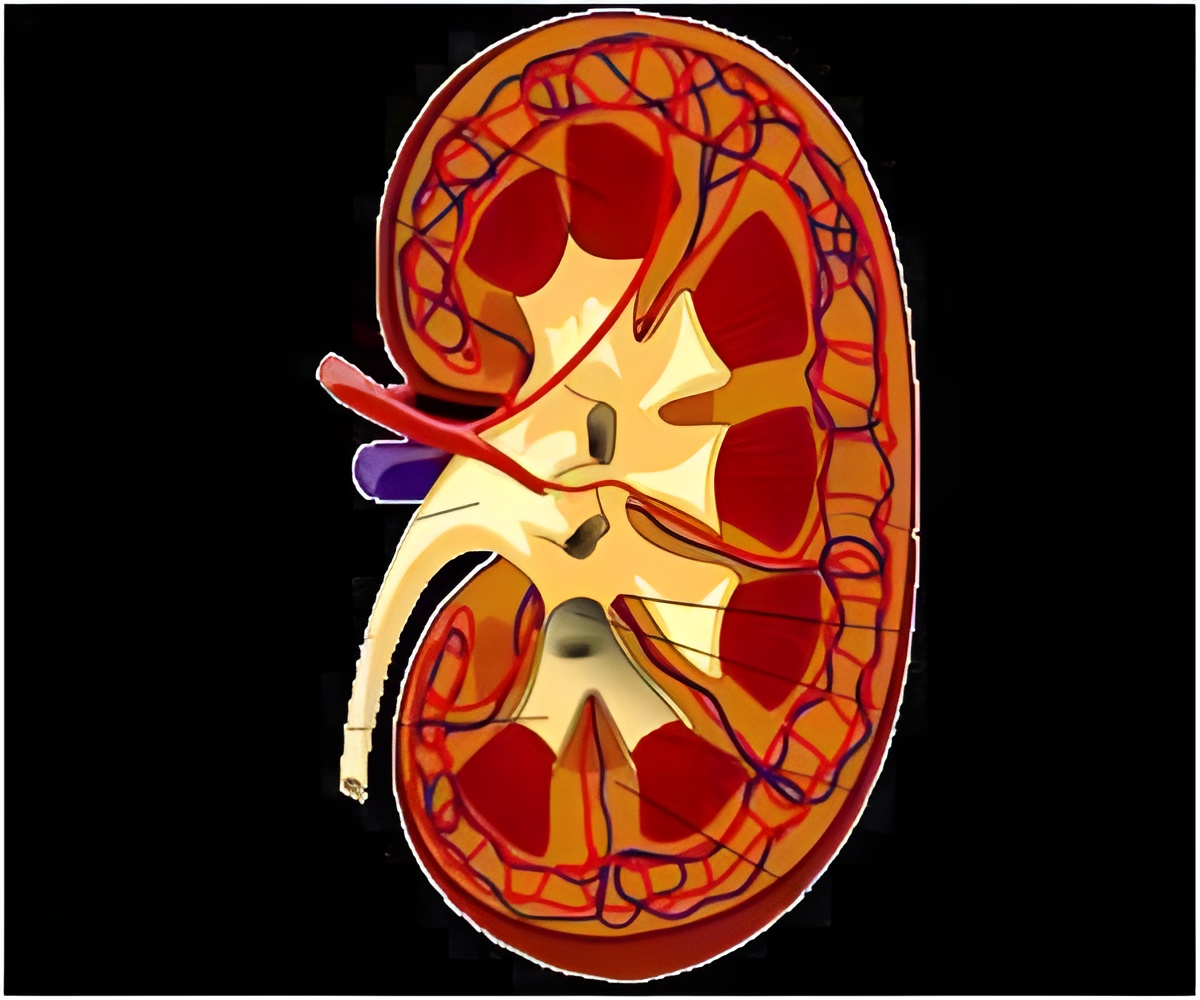For patients who need it the most, a robot-assisted partial nephrectomy may help preserve kidney function and save the kidneys

"Our study supports robot-assisted partial nephrectomy as an alternative to open surgery for patients with chronic kidney disease because decreases in kidney function after the procedure appear minimal," said senior study author Craig Rogers, a Henry Ford urologist and robotic surgery specialist.
Partial nephrectomy or kidney-sparing surgery removes only the diseased part of the kidney sparing the healthy, functioning kidney tissue.
"In addition, no patients developed end-stage kidney disease requiring long-term kidney dialysis," he added in the study published in European Urology, the journal of the European Association of Urology.
"Our study shows that these patients can receive the benefits of a minimally invasive robotic approach when performed by experienced surgeons, and they do well," Rogers added.
The researchers collected data from nearly 1,200 patients who underwent RPN between 2007 and 2012.
Advertisement
The researchers found that patients with chronic kidney disease had a lesser amount of decline in kidney function after RPN than those with normal kidney function, when measured at their first follow-up exam and later visits, concluded the study.
Advertisement














